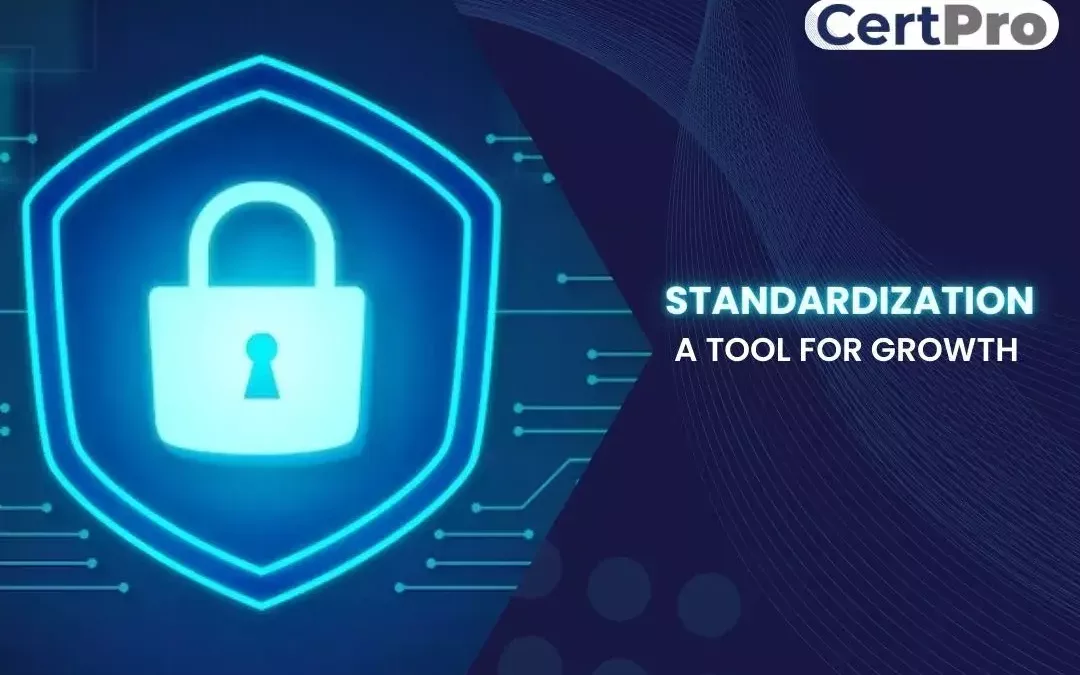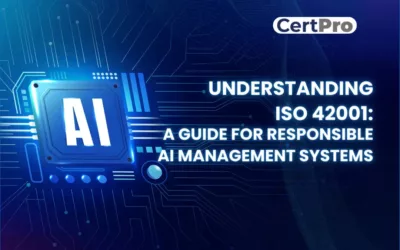International Standards help support basic consumer rights, such as the right to safety and the right to be informed, Standards also help support basic consumer protection (enshrined in the United Nations Guidelines for Consumer Protection) by helping to raise levels of quality, safety, reliability, efficiency and interchangeability.
They can be an effective tool in consumer protection as they can provide a basis for national legislation and certification schemes. They can also be regarded as best practice for use in promoting business and in litigation for damages.
Consumers’ expectations from you
In a general sense, consumers want The BEST goods and services For the BEST value, Available to the MOST people.
More specifically, products should meet consumers’ expectations in terms of:
- Protection of safety and health
- Fitness for purpose (performance)
- Environmental protection
- Ease of use
- Quality and reliability
- Compatibility between products (interoperability)
- Transparency of product information and labelling
- Protection from false or misleading claims
- Fair competition, hence choice among goods and services and competitive pricing
- Systems of redress, such as complaints handling and processing of claims
- Consistency in the delivery of services
- Suitability of products for vulnerable populations (such as children, persons with disabilities, and the elderly)
Consumer concerns have developed over time and so have standards to address these concerns.
how standards help
Standards can provide specific requirements and/or guidance on addressing consumer concerns mentioned above.
Since consumers can influence the standards, especially in relation to the following requirements or guidance, that define how goods and services are produced, standards can therefore help products and services to meet consumers’ expectations in a variety of ways:
Standards can include requirements or guidance on:
- Performance levels of the finished product
- Minimum height, distances, or other criteria to ensure the users’ safety
- Amount or type of product information
- Instructions for correct packaging
- Adequate disposal or recycling methods
- Types of warnings
- Product testing to protect the users’ safety and health
- The composition of the products’ materials
ISO standards aim to achieve a desired result, and so are performance-based rather than being too specific about design characteristics. This approach allows more scope for technological advances and innovation.
Newer issues that standards address include:
- Management of customer satisfaction
- Sustainable consumption
- Accessible design
- Personal data protection and privacy issues
- Societal security
- Social responsibility
- Ethical production practices and “values-based” labelling schemes
This reflects societal trends, which include globalization, and the wider scope of consumers’ concerns.
how can you benefit from standardization?
Standards cover a wide range of subjects from construction to nanotechnology, from energy management to health and safety, from cricket balls to goalposts. They can be very specific, such as to a particular type of product, or general such as management practices.
The point of a standard is to provide a reliable basis for people to share the same expectations about a product or service. This helps to:
- facilitate trade
- provide a framework for achieving economies, efficiencies and interoperability
- enhance consumer protection and confidence.
Organizations might use:
- a quality management standard to help them work more efficiently and reduce product failures
- an environmental management standard to help reduce environmental impacts, reduce waste and be more sustainable
- a health and safety standard to help reduce accidents in the workplace
- an IT security standard to help keep sensitive information secure
- a construction standard to help build a house
- an energy management standard to help cut energy consumption
- a food safety standard to help prevent food from being contaminated
- an accessibility standard to help make buildings accessible to disabled users
- an interoperability standard to ensure that bank and credit cards fit into ATMs and can be used throughout the world.
using standards to improve your global trading prospects
The global business landscape is constantly evolving and staying on top of geopolitical, technological and cultural change is a challenge for every business with international interests. A strategic approach, using international standards, enables businesses to capitalize on the benefits of international trade, while strengthening business operations, protecting brand reputation and managing change.
International standards from ISO and IEC are a cornerstone of the WTO rules-based trading system. They are adopted through BSI as British Standards to create a common language for trading partners: they deliver simpler market access globally. The majority of British standards are international, actively worked on by UK stakeholders, helping to equip all businesses, including SMEs, for international trade.
International standards are a vital tool in ensuring products and services are interchangeable and compatible across borders, removing barriers to trade, reducing production and supply chain costs and building confidence in business services and protecting consumers.
They can provide the guidance and strategic direction that enable organizations of all sizes to perform better, manage risk and support sustainable growth in line with the United Nations’ Sustainable Development Goals.
International standards act as a benchmark of best practice, providing a considerable advantage over competitors when tendering for business. By using international standards, businesses can improve the prospects of trading successfully overseas and increase global sales by providing reassurance on provenance, quality and health and safety.
For the wider economy and society, the effect of standards on facilitating free trade can be transformative. It brings greater access to higher-quality, lower-priced goods, drives competitiveness, and fuels economic growth and job creation.
Standards also support transparency and accountability for producers and consumers, both significant issues for industries undergoing rapid change driven by the fourth industrial revolution.
ISO 9001 – Quality Management
This standard specifies requirements to implement a quality management system (QMS) that is tailored to individual business needs and meets regulatory requirements worldwide.
It provides a globally recognized language of quality and shows a commitment to excellence. Underpinned by a QMS, businesses can improve the quality of their management systems and goods and improve their prospects of gaining new customers worldwide.
Certification instils confidence in consumers and partners. As well as improving product quality and compatibility, it simplifies internal procedures, improves efficiency and reduces costs. It helps to build trust and establishes the credibility of your brand.
ISO 14001 – Environmental Management
ISO 14001 helps organizations to embed a culture of sustainability that meets the high standards that consumers increasingly expect from businesses they their buy goods and services from. It also ensures legal and regulatory compliance.
ISO 26000 – Guidance on Social Responsibility
ISO 26000 provides guidance in implementing a social responsibility strategy, enabling an organization to fulfil policy commitments and reassure stakeholders it operates in a socially responsible way.
ISO 45001 – Occupational Health and Safety & ISO 45003 – Psychological Health and Safety
ISO 45001 is the standard for implementing the right occupational health and safety (OH&S) policy and practices. ISO 45003 focuses on psychological health in the workplace. Certification demonstrates that your organizations cares about the working conditions of employees and partners, bolstering brand reputation.
ISO 22301 – Business Continuity
ISO 22301 is the international standard for business continuity management. It provides a system for responding to unexpected situations, helping to mitigate potential loss of revenue and reputational damage.
ISO 22000 – Food Safety Management
ISO 22000 is the international standard for food safety management. It provides a system for safe food handling and helps organizations identify and define process and procedures for safe food handling, processing, packaging etc. from farm to fork.
Certpro as your standardization partner
As an organization our focus has always been to help our customers in securing more customers. We always aim at a dollar value addition with our services – your investment in our services must reap benefits for you which is many-a-fold more. With our service packages, we not only ensure you are compliant with international standards, but we also address marketing techniques where standards and their benefits can be showcased to potential international clients.
Work with us today so that we may help each other grow together!
HOW DOES THE NIST CYBERSECURITY FRAMEWORK FUNCTION, AND WHY IS IT IMPORTANT?
Emerging cyber threats make cybersecurity an essential consideration for organizations handling and managing data. In this regard, the NIST cybersecurity framework applies to improving your cybersecurity program. It is a set of guidelines that helps improve your...
UNDERSTANDING ISO 42001: A GUIDE FOR RESPONSIBLE AI MANAGEMENT SYSTEMS
The invention of artificial intelligence (AI) has changed the operational processes of many industries. However, the rapid growth of technology increases ethical, security, and privacy-related concerns. Therefore, the International Organization for Standardization...
EUROPEAN UNION’S ARTIFICIAL INTELLIGENCE ACT: HOW THIS GROUNDBREAKING LAW AFFECTS YOUR BUSINESS
Nowadays, Artificial Intelligence (AI) is transforming our lives exceptionally well. AI is now streamlining healthcare services, providing virtual assistance, and fulfilling queries. Technologies have boons and curses. Similarly, AI creates many concerns about...




